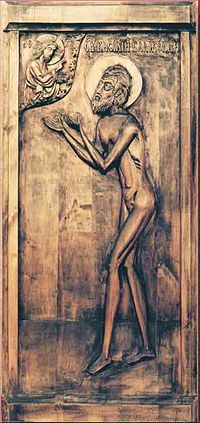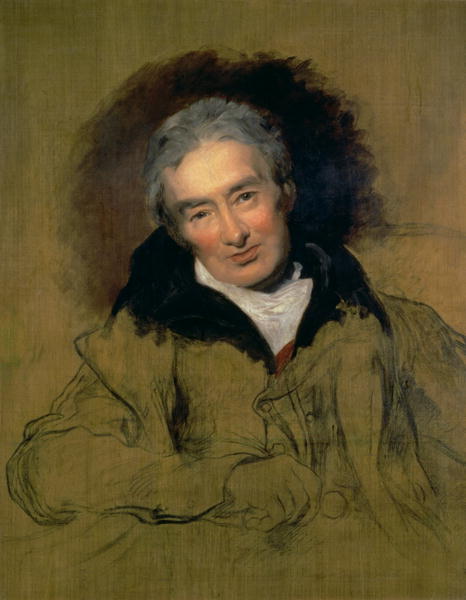
Bible Connection
“Give, and it will be given to you. A good measure, pressed down, shaken together and running over, will be poured into your lap. For with the measure you use, it will be measured to you.”
He also told them this parable: “Can the blind lead the blind? Will they not both fall into a pit? The student is not above the teacher, but everyone who is fully trained will be like their teacher. — Luke 6:38-40 NIV
All about Umeko Tsuda (1864-1929)
Umeko Tsuda believed all women in Japan should have equal access to higher education and that only education could help improve women’s status in the country.
Tsuda Umeko was a Japanese educator who founded Tsuda University. She was the daughter of Tsuda Sen, an agricultural scientist. At the age of 7, she became Japan’s first female exchange student, traveling to the U.S. on the same ship as the Iwakura Mission, the government’s exploration tour of Western culture.
Umeko was born in 1864 in Edo, present-day Tokyo. Four years later, the collapse of the Tokugawa shogunate gave way to the Meiji period (1868–1912), when a new, young Japan sought to modernize its political, social, economic, cultural, and religious systems. In this era, Christian women came to play an important role in Japanese society.
While in the United States, Tsuda lived with Charles Lanman, the secretary of the Japanese legation, and his wife, Adeline, both of whom were committed Episcopalians. Inspired by their faith, Umeko also embraced Christianity and was baptized.

When she turned 18, Tsuda returned to Japan and worked as a children’s tutor there. She soon returned to the United States to pursue an education at Bryn Mawr College, in a Philadelphia suburb, majoring in biology and education. During her second stay stateside, Tsuda became convinced that the only way to improve women’s status in Japan was to give them the same opportunity to enter higher education as men.
“Oh, women have the hardest part of life to bear in more ways than one. … Poor, poor women, how I long to do something to better your position!” she wrote in a letter to Adeline Lanman.
Existing schools for Japanese girls and women aimed only to educate them to be submissive wives, sisters, and daughters at home, whereas education for boys and men was far more comprehensive. Tsuda soon established the American Scholarship for Japanese Women to provide financial aid to women studying in the United States who would return to Japan to lead in developing women’s education. Some of them became influential political and educational leaders in Japan during and after the Meiji period.
Such inequality in educational opportunities was also why she founded Joshi Eigaku Juku, the Women’s Institute for English Studies, in 1900. The Tokyo-based school afforded women equal opportunities to pursue higher education in the liberal arts. After World War II, the Women’s Institute became Tsuda University, which is now one of the most prestigious institutes of higher education for women in Japan. Tsuda also became the first president of the Japanese branch of the World Young Women’s Christian Association (YWCA) in 1905.
For all her accomplishments, Tsuda was not immune to discouragement:
“There is a great work to be done, but the laborers are indeed few. God bless the cause, and bless and keep us all. I wonder if I can ever do any good. … It is tiresome work, and I am not used to it all yet, and I don’t know how to work best for the Master’s cause,” she confessed in another letter to Adeline.

Tsuda’s legacy remains strong today. She was ranked one of the top 20 most prominent Japanese women in a 2019 survey by national magazine Tokyo Weekender, and her face will appear on the ¥5,000 bill starting in 2024.
As Tsuda wrote, “Somehow God seems to be opening the future [in] some way, and he has given me such a strange, wonderful, uncommon-place life, thus far, that it seems as if the future could not be merely useless.”
More
Bio from Japan Society of Boston [link]
Many interesting, historic pictures here [link]
What do we do with this?
Can you imagine who you would be if your family had sent you to a new country when you were seven years old?
Tsuda might have married an American and settled into a nice, wealthy life in the Philadelphia suburbs. Instead, she went back to Japan and threw herself against the limits of her traditional society. She broke down many barriers. No doubt her faith encouraged her, like Jesus, to give what she had been given for the lives of others.




 As Flannery’s cultural star was on the rise, she was stricken by lupus, an incurable, debilitating disease that sapped her energy and forced her return to the “very muddy and manurey” farm back in Georgia. Confined there, dependent on her mother’s care, she wrote only as her diminishing strength permitted—for two hours every morning.
As Flannery’s cultural star was on the rise, she was stricken by lupus, an incurable, debilitating disease that sapped her energy and forced her return to the “very muddy and manurey” farm back in Georgia. Confined there, dependent on her mother’s care, she wrote only as her diminishing strength permitted—for two hours every morning.







